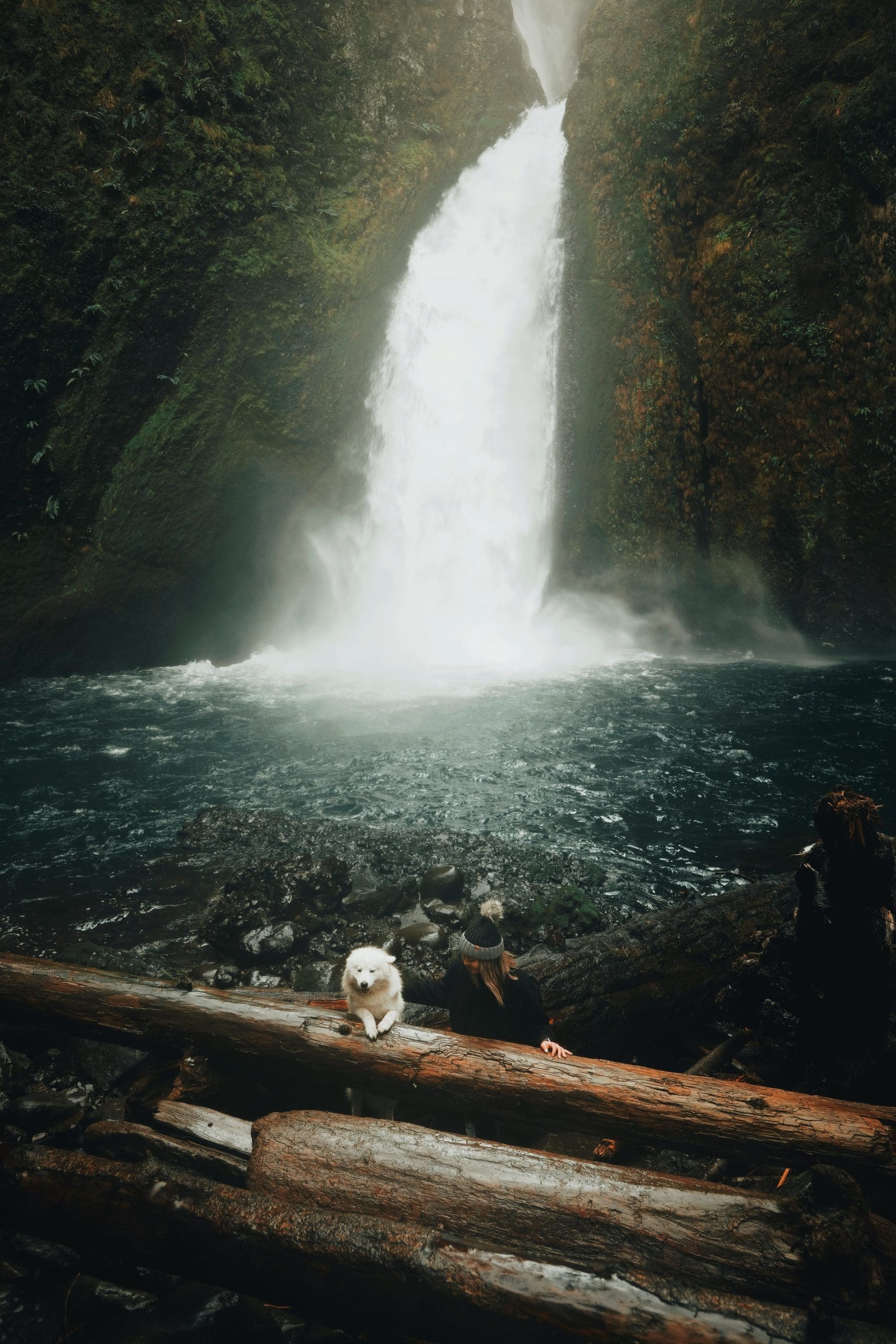Many dog owners often wonder why their furry companions seem to sleep so much. This behavior can appear puzzling, especially when considering the bursts of energy dogs demonstrate during playtime. From racing around the yard to engaging in a game of fetch, dogs can be remarkably active. Yet, when not occupied, they can snooze for hours. Understanding the reasons behind this extensive sleep involves examining their biology, behavior, and various influencing factors.
The Nature of Canine Sleep
On average, dogs sleep between 12 to 14 hours a day, although some breeds may require even more rest. Puppies and senior dogs often clock in upwards of 18 hours daily. This substantial amount of sleep is rooted in their evolutionary biology. Unlike humans, who typically follow a diurnal pattern, dogs are crepuscular animals, meaning they are most active during dawn and dusk. This trait harks back to their wild ancestors, who hunted during these times when prey was most active.
Energy Levels and Recovery
The need for sleep in dogs can be linked to their energy levels. Dogs experience bursts of energy, often referred to as “zoomies,” during which they run and play vigorously. After such high-energy activities, they require significant sleep to recover. Much like humans, dogs need rest to recharge both physically and mentally. This recovery period is essential for maintaining their overall health, helping restore muscles and replenish energy reserves.
Age and Sleep Patterns
Age significantly influences a dog’s sleep requirements. Puppies need ample rest for their growing bodies and developing brains. Sleep plays a crucial role in their physical and mental development. When awake, puppies are busy exploring their surroundings, interacting with littermates, and learning new things, all of which necessitate rest.
As dogs enter adulthood, their sleep patterns may stabilize, yet they still need plenty of sleep. Senior dogs often experience changes in their sleep habits, sometimes sleeping more due to decreased energy levels or age-related health issues. Monitoring a senior dog’s behavior can provide insights into their needs, as a significant increase in sleep may indicate underlying health concerns.
Breed Differences
The breed of your dog also impacts their sleep requirements. Some breeds are naturally more active, while others are more laid-back. Working breeds like border collies or German shepherds thrive on mental and physical stimulation and may sleep more out of boredom if they don’t get enough exercise. In contrast, breeds like bulldogs or basset hounds typically prefer a more sedentary lifestyle and can be content lounging around for most of the day.
Environmental Factors
A dog’s environment plays a crucial role in their sleep patterns. Dogs in stimulating settings with plenty of activities may sleep less because they remain engaged. Conversely, dogs in quieter environments might sleep more simply due to a lack of stimulation. Regular exercise also contributes to better sleep; dogs that enjoy daily walks and playtime are likely to sleep soundly compared to those that do not.
Health Considerations
Health issues can lead to increased sleep in dogs. When feeling unwell or recovering from an illness, dogs may sleep more as part of the healing process. Conditions like arthritis, diabetes, or heart disease can cause fatigue, prompting your dog to rest more frequently. If a sudden change in your dog’s sleeping patterns occurs or if they appear excessively lethargic, consulting a veterinarian is essential to identify any underlying health problems.
The Role of Stress and Diet
Stress and anxiety can disrupt a dog’s sleep patterns. Changes in their environment, such as moving or the arrival of a new family member, can cause stress. In these situations, dogs may either sleep more as a coping mechanism or find it difficult to sleep due to anxiety. Creating a safe and comfortable space can help alleviate stress and promote better sleep.
Diet also significantly affects a dog’s energy levels and sleep patterns. A balanced diet that meets your dog’s nutritional needs can help regulate their energy. Overfeeding or providing low-quality food can lead to lethargy, while a proper diet ensures they have the energy to play and engage in activities. Consulting with a veterinarian can clarify dietary choices that promote optimal health and energy.
Importance of Sleep
Sleep is vital for a dog’s overall health, supporting their immune system, aiding in memory consolidation, and contributing to emotional well-being. A well-rested dog is typically happier and more engaged when awake. Providing a comfortable sleeping environment and a routine that allows for sufficient rest contributes to a healthier and happier pet.
Observing Your Dog’s Patterns
Keeping a diary of your dog’s sleeping patterns, activity levels, and any behavioral changes can be valuable for understanding their health. This information is helpful when discussing concerns with a veterinarian, who can determine whether your dog’s sleep is within a normal range or if further investigation is necessary.
Engaging with your dog during their awake hours enhances their overall well-being. Interactive play, training, and socialization with other dogs stimulate their minds and bodies, promoting healthier sleep patterns. Establishing a routine that includes regular exercise and mental challenges helps balance their energy levels, leading to more restful sleep.
Enhancing Your Relationship
Understanding why dogs sleep so much can deepen the bond between you and your pet. By recognizing their needs and behaviors, you can provide better care and improve their quality of life. Whether adjusting their activity levels, creating a calm environment, or ensuring their health, being attentive to your dog’s sleeping habits fosters a happier and healthier life for both of you.
Next time you find your dog dozing on the couch or in their favorite spot, remember that this behavior is entirely normal. Dogs require sleep for their physical and mental health, making those quiet moments just as important as the playful ones.



